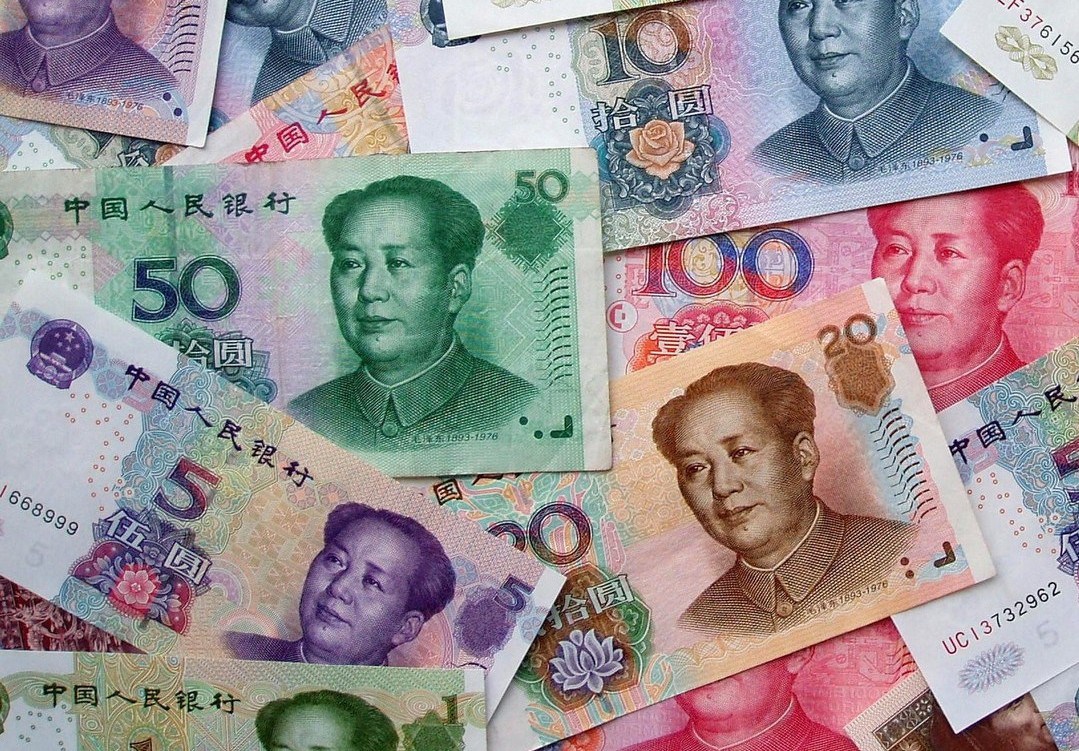The impact of COVID-19 on E-commerce in China

The impact of COVID-19 on E-commerce in China
Relying on the huge market potential, China’s e-commerce platforms are an enormous success. During the past years, 1421 Consulting group has already created many articles about e-commerce in China. These are listed below
First article: History of the Future: how China takes over world e-commerce?
Second article: What Is Fueling the E-commerce Boom in China?
Third article: China E-commerce Market Trends that Foreign Companies Should Know
Fourth article: Cross-Border E-commerce in China
Click here to request our E-commerce White Paper
This article will focus on the impact of the COVID-19 outbreak at the start of 2020 has had on the e-commerce industry, and the consumer demand patterns in China.
SARS created the original E-commerce Boom in China
Back in 2003, the SARS virus functioned as a catalyst for the E-commerce boom in China. Current industry giants Alibaba and JD.com, especially benefitted. Both companies used the closing of China during the SARS outbreak to turn their business models fully to the then primitive setup of E-commerce. JD.com closed all but one of their physical stores and started the website 360buy, with 100 products on the website.
SARS had both negative and positive impact on Alibaba. The fourth registered case of SARS was an Alibaba employee, which put Alibaba in a negative spotlight as a potential SARS hearth of infections. Despite the negative press, Alibaba still highly profited from the SARS outbreak. Alibaba was a business to business platform, matching factories to companies looking to buy products. Due the SARS outbreak, many foreign countries-imposed travel restrictions or warnings in China. The travel restrictions messed with traditional sourcing methods, which included a physical inspection of the factory. What followed was a boom in traffic on the business to business use of the Alibaba platform.
The developments of E-commerce during SARS teach us to pay attention to developments during the current pandemic of COVID-19. Since China was early on impacted by the COVID-19 virus, we can already analyse the data of the impact on E-commerce in China during COVID-19. What is do we see happening in China?
E-commerce in China during COVID-19
With regular retail coming to a full stop at the end of January, one would expect a massive boom in E-commerce. However, such a straightforward conclusion is nowhere near the actual truth. During the first quarter of 2020, online retail decreased by 0.8% compared to 2019. The decline of purchases is largely linked to COVID-19. During COVID-19, spending behaviour of people changed. They focussed more on spending on necessities, such a produce and health items, instead of non-essential products such as garments. There are several developments separately interesting to mention.
Food
Agriculture products really bumped up in the quarter of COVID-19. The online retail sales for agriculture products went up with 31% compared to 2019. Fresh foods such as meat and vegetables grew with a staggering 70%. China’s online grocery market is expected to grow 62.9% in 2020. This is a massive bump from the 29.2% growth during 2019. Besides being a necessity, a “homebody economy” survey conducted by The Nielsen Company, showed that 80% of Chinese respondents want to continue to eat more (homecooked) fresh and healthy food after the pandemic. This will also likely have an impact on China’s massive take-out and food delivery industry.
Household necessities & kitchenware
Household necessities and kitchenware grew in the first quarter with 40% compared to last year in China. This significant increase showed that the Chinese people focussed much on home cooking and improving their living arrangements.
Fitness equipment
With the closing of gyms and other sport facilities until May 2020, the Chinese sought solutions online. Spending on fitness equipment surged significantly during the first quarter. The research by The Nielsen Company showed that 75% of the respondents vowed to spend more on sports and fitness in the future after COVID-19.
Medicine sales
Medicine sales also grew significantly during the first quarter. This drive for taking good care of the body is linked to COVID-19, but also has a long-lasting side effect. According to the Nielsen Company, 60% of Chinese respondents vowed to increase spending on medical examinations.
Online education
Although more a service than a product, home education has thrived under the quarantine rules in China. Due to the closing of schools and universities. 93% of Chinese respondents in The Nielsen Company’s where positive towards online education and courses. Over 80% of the respondents already learn online on a daily basis.
Fashion, Automobiles & other luxury goods
This development is in contrast to different other products such as fashion and automobiles shrank significantly. An interesting notice showing the shift in focus towards essential products. With the increased importance on the home situation, health and education, people seem to have shifted temporarily from luxury to comfort goods.
Livestreaming during a Pandemic
A trend in E-commerce has really gained traction during COVID-19: Livestreaming. Celebrities, Government officials and other public figures, referred to as Key Opinion Leaders (KOL’s), use livestreams to actively promote products. Four million livestreams where registered during the first quarter of 2020. Merchants on the platform of Taobao sold 160% more products in March through livestreams compared to 2019.
In the rapidly evolving Chinese world of e-commerce has really picked up on livestreaming since COVID-19. Before COVID-19 livestreaming was seen as one of the options for brands to reach their consumers. However it has since become an integral part of consumers shopping experience. The broad acceptance of livestreaming is vividly portrait by examples of village mayors promoting their locally produced products.
Social E-commerce
Chances are most people have never heard of PinDuoDuo (PDD). However, PDD is currently the second largest ecommerce company in China after Alibaba. The company was founded in 2015 and is specialized in social E-Commerce. Within the five years of their existence, the company outgrew the value of e-Bay or Twitter, at an estimated 40 billion dollars. COVID-19 has boosted daily orders to 65 million, compared to 50 million before the pandemic.
Overall it has always been hard to predict the future of the rapidly evolving Chinese E-commerce industry. With the pandemic, such forecasts are even more challenging than before. However, it can be expected that the impact of COVID-19 will at least be equal to the impact of SARS. If SARS was a catalyst of the upcoming e-commerce industry, imagine what COVID-19 will do to the mature and innovative e-commerce industry of today.
Related posts

